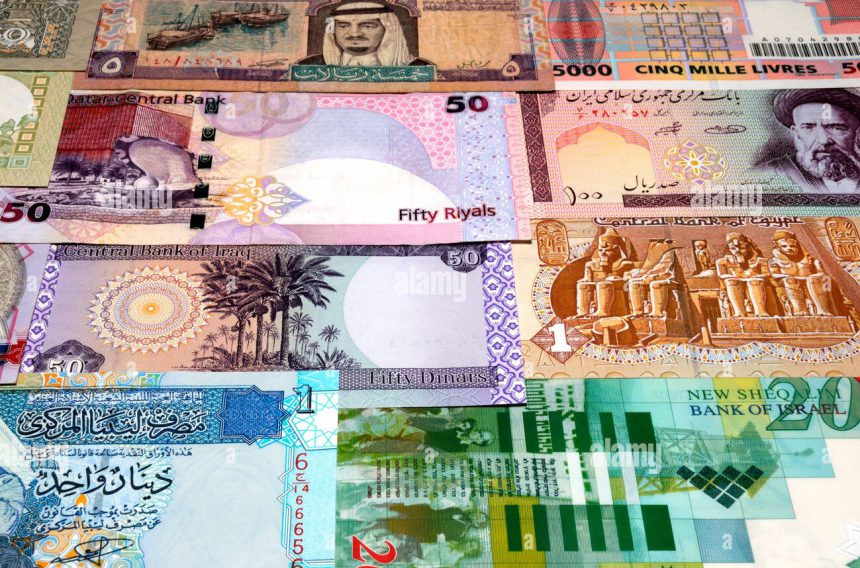As the new year begins, many Middle Eastern nations are still grappling with a host of economic challenges, including plummeting national currencies. The situation does not seem likely to improve, with analysts predicting further depreciation in the coming months. Increasing prices are one sign of things getting worse, with Lebanon experiencing a 171.2% inflation surge in 2022. While reforms have helped improve Sudan’s inflation rate, Lebanon will require significant political will to counter its worst economic crisis in history.
The decline in tax revenue has also impacted Lebanon negatively, with the IMF reporting more than a fifty percent reduction between 2019 and 2021. Though reforms have been proposed to unlock $3 billion in assistance, they have yet to be implemented by the inept political establishment. The governor of Lebanon’s central bank is currently embroiled in a $330 million embezzlement scandal involving his brother.
Iraqis are also struggling with spiraling currency, compounded by the recent dismissal of the central bank governor. Despite Ali Mohsen Al Alaq’s reappointment, Iraqis are skeptical, given the inflation and an incident in which 7 billion Iraqi dinars were destroyed due to rainwater. Meanwhile, Iran’s national currency continues to fall to record lows, with the prospect of further sanctions likely to worsen the situation further.
Despite the challenges, improvements are still possible, as demonstrated by Sudan’s successful reforms. However, the situation in the Middle East looks set to remain volatile, putting pressure on governments to implement tangible solutions. Failure to act risks missing important opportunities to address the economic challenges facing these nations.

عبدالرحمان زمین پیما
Author

آرمان جعفری
Author

